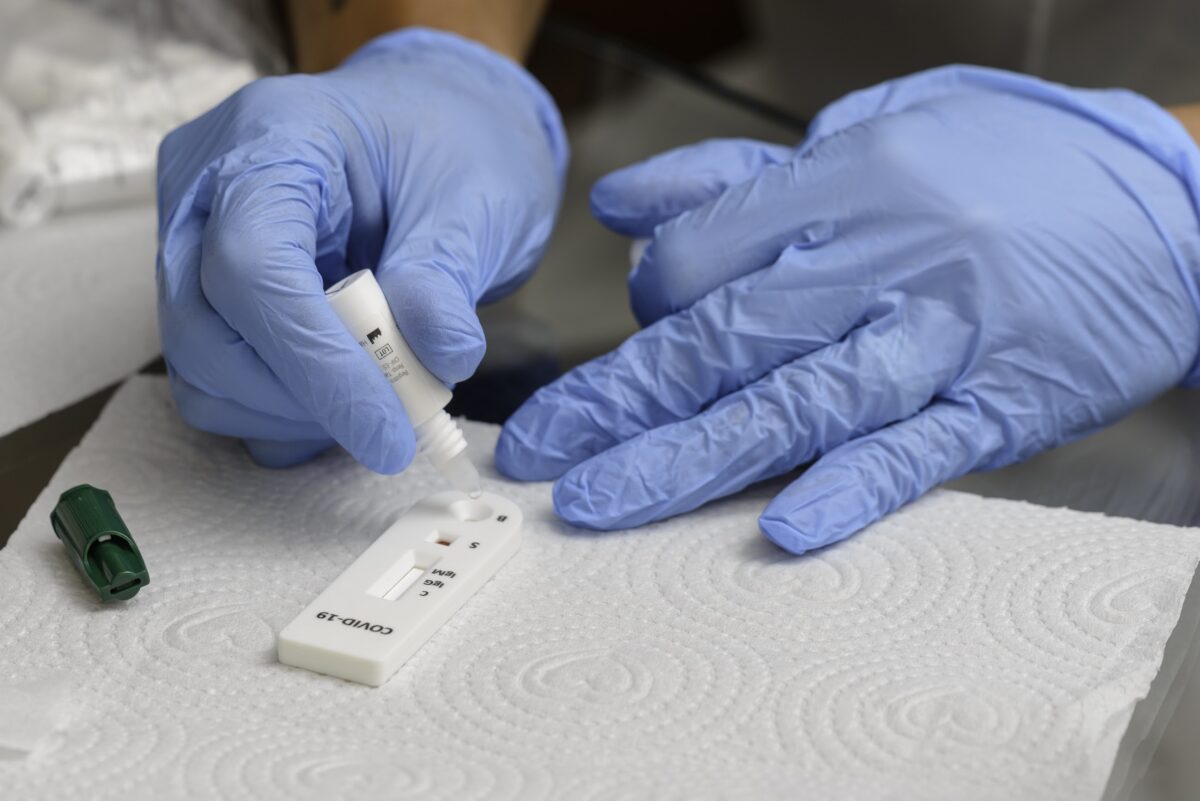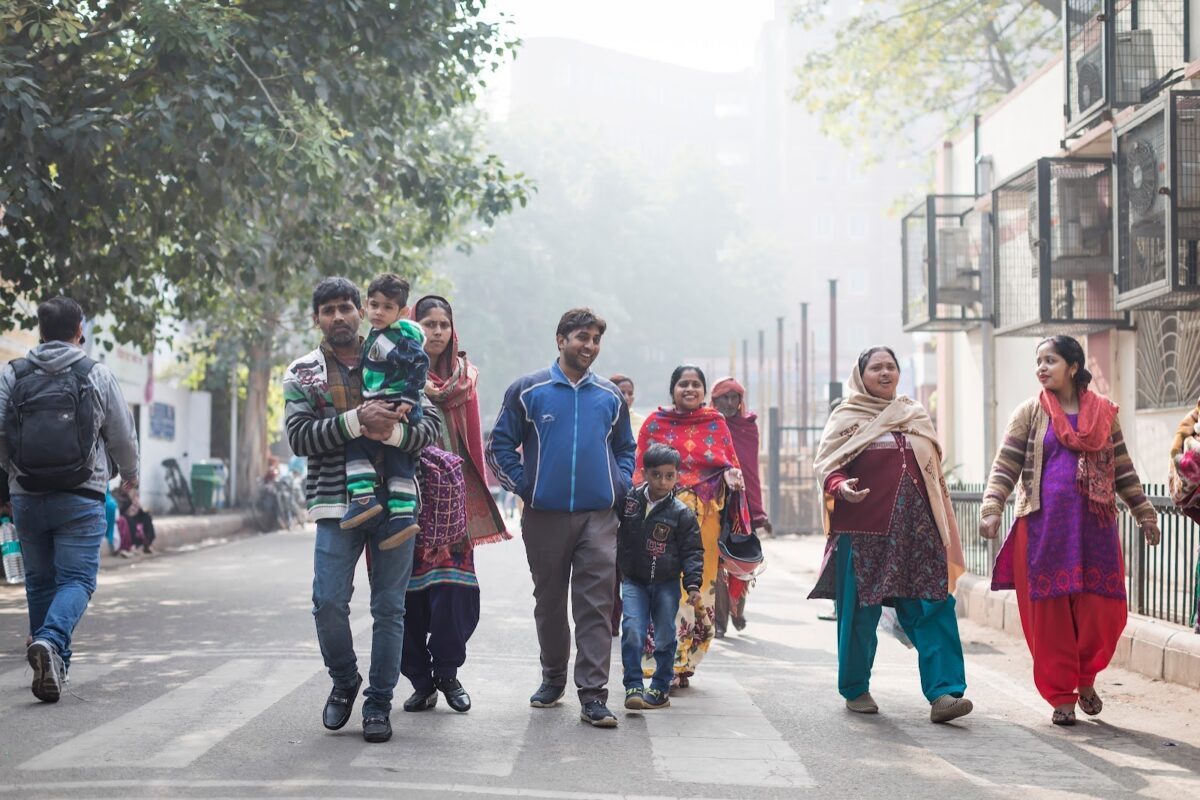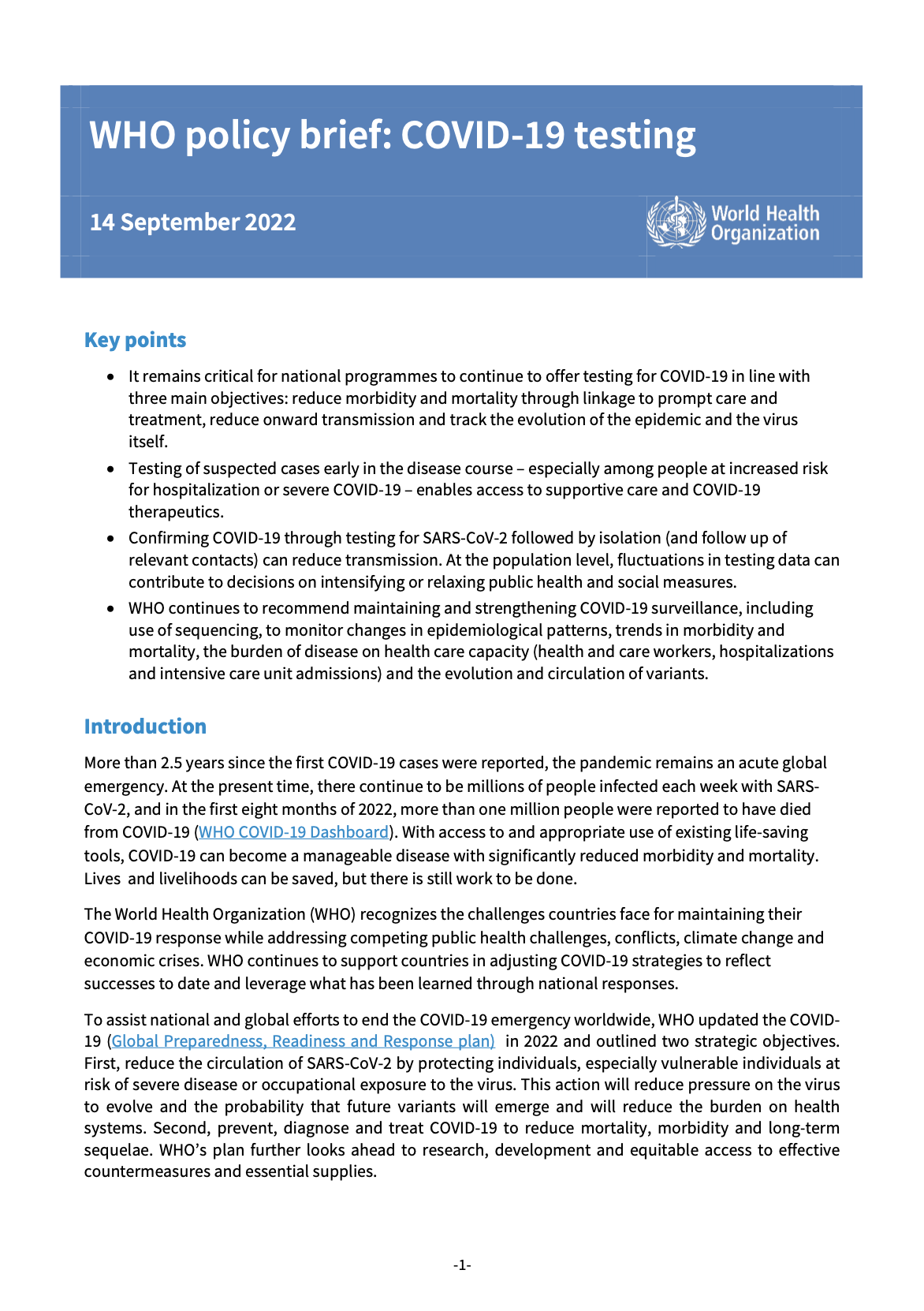The COVID-19 Technology Access Pool (C-TAP) provides a platform for developers of COVID-19 therapeutics, diagnostics, vaccines and other health products to voluntarily share their intellectual property, knowledge, and data, with quality-assured manufacturers.
It was launched in May 2020 by WHO, the Government of Costa Rica and other partners to facilitate faster equitable and affordable access to COVID-19 health products for all countries.
Currently endorsed by 45 WHO Member States, it is a response to the global Solidarity Call to Action. Its implementing partners include UNDP, the Medicines Patent Pool, the UN Technology Bank and Unitaid.
C-TAP provides a single global platform that includes public health-driven, transparent, voluntary, non-exclusive and transparent licences.



